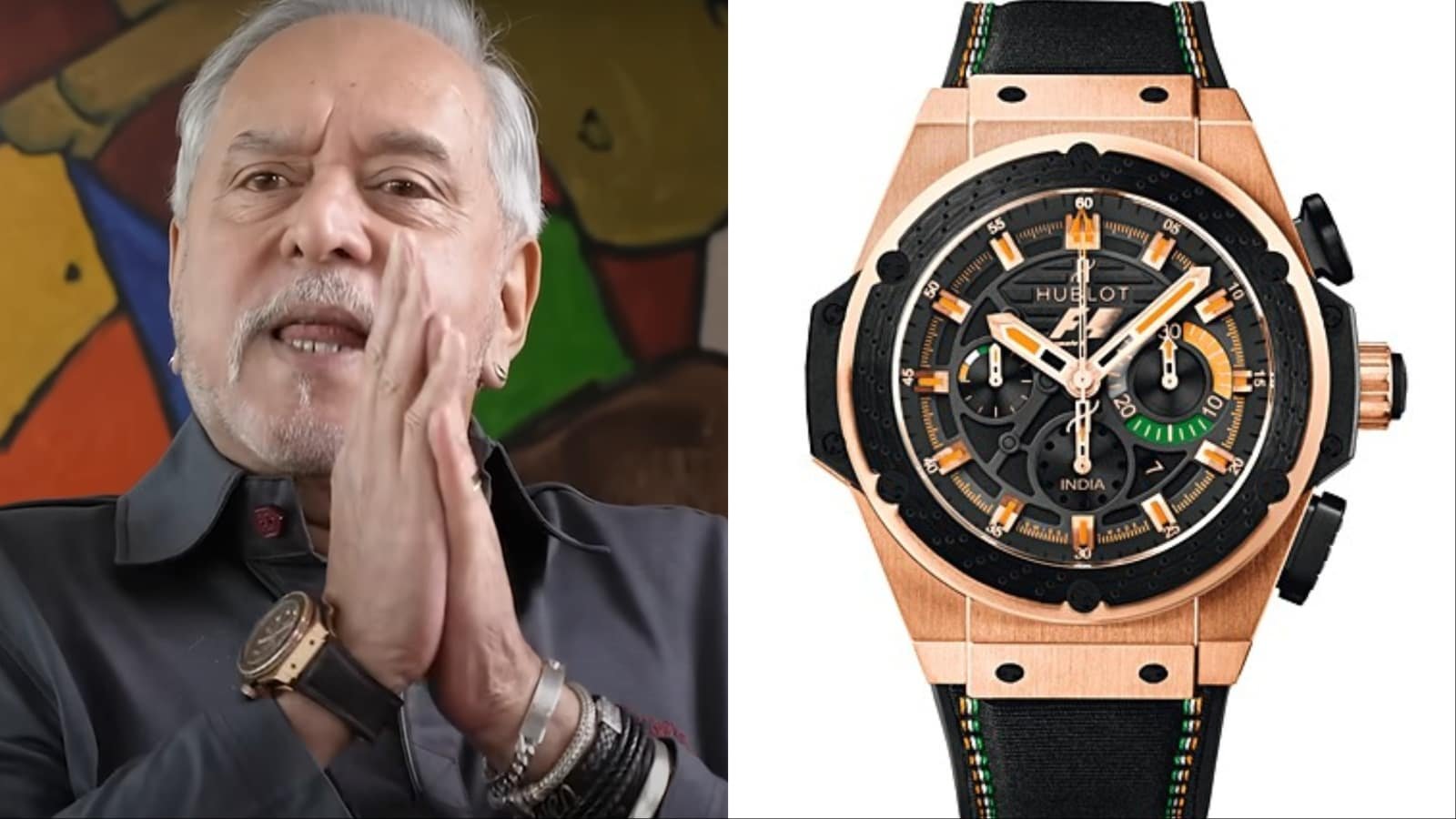While Sean “Diddy” Combs’ federal trial has been rife with drama, cringe and explosive comments, lawyers not involved in the case say prosecutors have yet to prove that the music mogul is guilty of racketeering conspiracy and sex trafficking, the two most serious charges brought against him in a five-count indictment.
Combs has pleaded not guilty to one count of racketeering conspiracy; two counts of sex trafficking by force, fraud or coercion; and two counts of transportation to engage in prostitution.
About a dozen people have taken the stand so far in the trial, which will enter its third week Tuesday.
“I’m not seeing the development of a racketeering enterprise,” said veteran criminal defense attorney Tama Beth Kudman. “I’m not seeing the thread that creates an enterprise with a unified purpose.”
On the racketeering conspiracy charge, prosecutors must prove Combs was involved in a criminal enterprise with a group of people engaging in criminal acts, multiple lawyers said.
For the sex trafficking charges, prosecutors must demonstrate that R&B singer Casandra “Cassie” Ventura, Combs’ former girlfriend, was forced to travel across state lines and commit sex acts.
Attorney Rachel Maimin, a former federal prosecutor for the Southern District of New York, stressed patience because it’s still early in a trial that is expected to last eight weeks.
“This is a very long trial, and all of the evidence doesn’t come in through one witness,” said Maimin, now a criminal defense attorney with Lowenstein Sandler LLP. “Just because the evidence hasn’t been presented yet doesn’t mean they don’t have it.”
Prosecutors will eventually present all their findings and tie everything together in their closing arguments, she added.
However, Thursday’s testimony from Grammy Award-winning rapper Kid Cudi, whose real name is Scott Mescudi, 41, could move the needle forward. He alleged that Combs and one of his employees broke into his home, and that his Porsche was torched in his driveway with a Molotov cocktail. The alleged crimes occurred in 2011 and 2012.
Mescudi said he suspected Combs was involved in the car bombing because the mogul had learned about Mescudi’s romantic relationship with Ventura. Although Combs has not addressed the bombing directly, Ventura alleged in a 2023 civil lawsuit against him that he told her he would blow up Mescudi’s car. The lawsuit was settled privately without Combs admitting any wrongdoing.
The testimony about the car bombing could be key as the prosecution tries to show that Combs’ alleged criminal enterprise engaged in arson.
The government does not need to prove that Combs himself threw the Molotov cocktail or that he participated in the act of arson, said Mark Lesko, a former federal prosecutor who led the U.S. Attorney’s Office for the Eastern District of New York.
“That’s the essence of the conspiracy charge, that the co-conspirators, they don’t have to actually commit the act,” Lesko said. “They have to enter into some sort of agreement that involves the criminal conduct, ultimately.”
While Mescudi’s testimony could help the prosecution’s case on racketeering, some outside lawyers believe more evidence is needed to prove Combs used his financial and business resources to carry out the bombing.
“I don’t think that puts them over the goal line,” said Mark Zauderer, a veteran trial and appellate lawyer in New York, referring to Mescudi’s testimony. “That could be a building block for something to come.”
Several lawyers not involved in the case said the prosecution was smart to make Ventura its first witness, because it set the stage for the trial. But prosecutors will need more evidence to make the sex trafficking charge stick, the lawyers said.
Ventura’s testimony in the trial’s first week depicted Combs as an abusive boyfriend and music mogul in full control of her personal life and musical career.
Combs’ lawyers pushed back on the assertion.
The physical abuse was backed up on the stand by singer Dawn Richard, and while it may indicate domestic violence occurred, it does not prove racketeering or sex trafficking, the outside lawyer said.
Sharay Hayes, an exotic dancer who testified he performed sex acts for Combs and Ventura about a dozen times, said Ventura seemed comfortable in the situations and their so-called “freak offs” appeared consensual.
Forensic psychologist Dawn Hughes testified in court that domestic violence victims fall prey to psychological, sexual and emotional abuse, as well as financial dependence, making it harder for them to fight back or get away.
What the court has seen, at least in part, is a willingness by Ventura to participate in the freak offs with Combs, Kudman said, citing text messages from Ventura to Combs presented as evidence in court.
If Ventura participated out of fear of being abused or beaten, it could mean she was forced, but that will be for the jury to decide, Kudman said.
“The bottom line here is I’m not seeing any points in time where this converts from willing participation into trafficking,” Kudman said. “She seems to be a willing participant in these sex acts. You literally have to prove she was being trafficked and forced to commit a sex act.”
Zauderer said he agrees the government “has yet to prove its case on sex trafficking.”
“I think the government knows that to get a conviction,” he said, “it has to do much more than paint him [Combs] as a bad guy.”
#Sean #Diddy #Combs #sex #trafficking #trial #full #drama #cringe #explosive #comments



